#thank u for tagging me amatullah 🫂
Text
Favorite books read in 2021....I'll be honest, I don't easily remember everything I've read. That's why I started recording it all at the end of each month, but even that I only started doing in August. For instance, I know I read a number of nonfiction and poetry books this year which I really liked, but cannot for the life of me remember which. I'll remember certain titles only to vaguely recall reading them in 2020, during the first round of pandemia. So here are my favorites of the ones I've read since August of 2021, and had the good sense to write down:
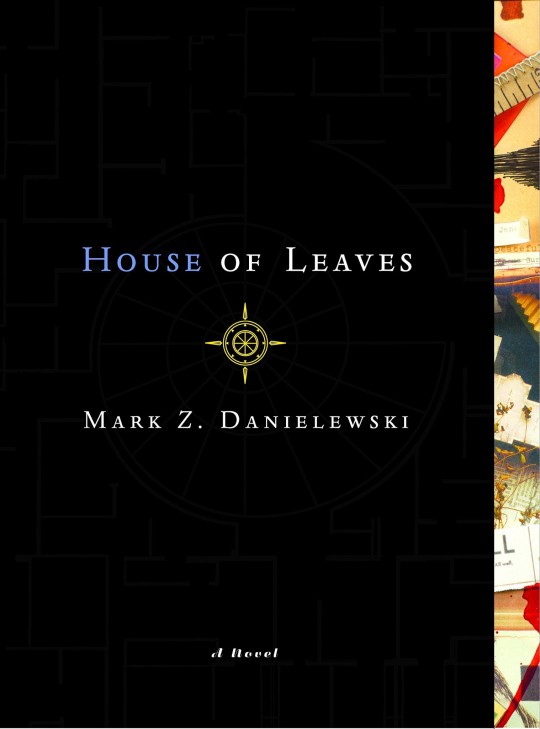
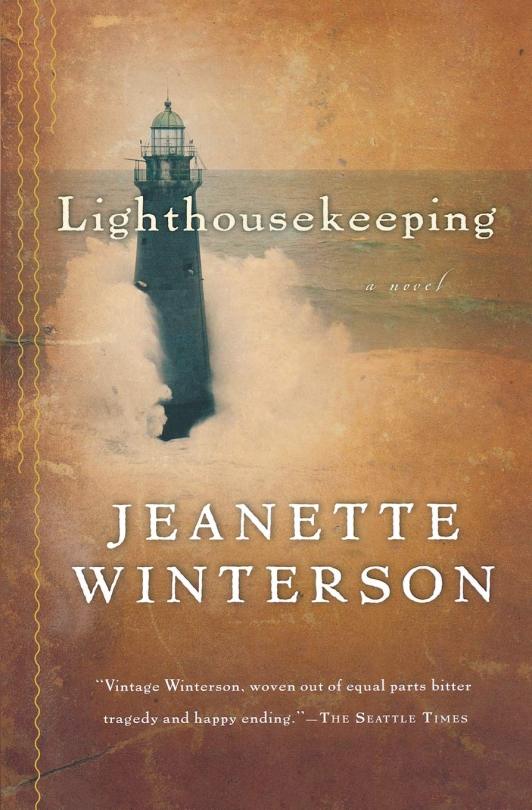
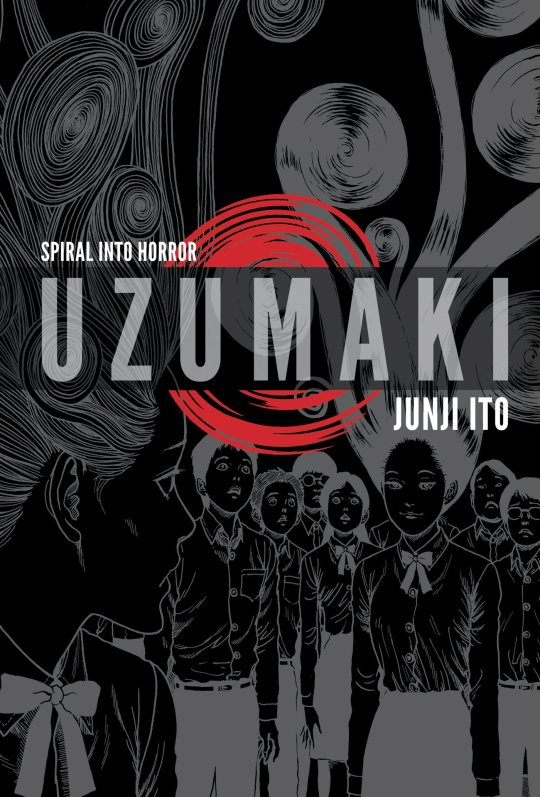
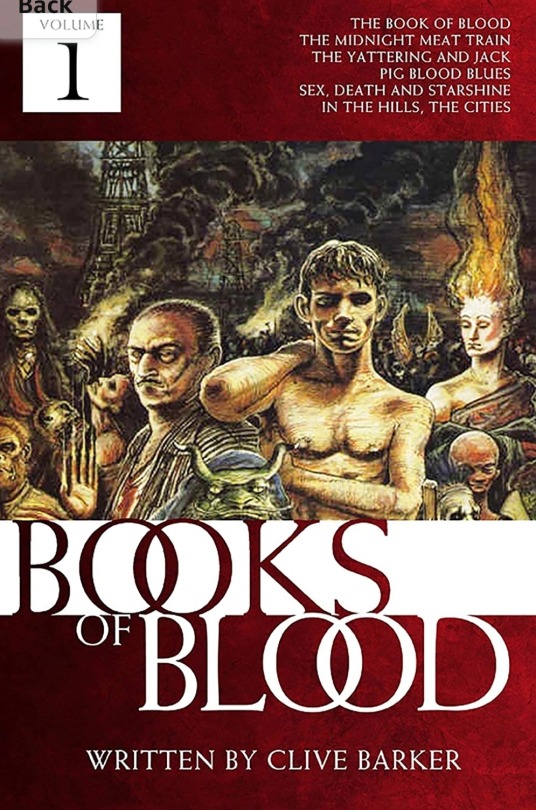
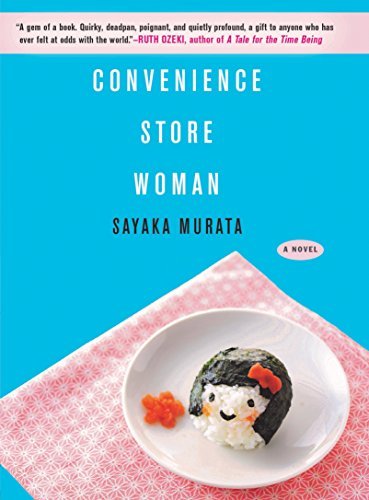
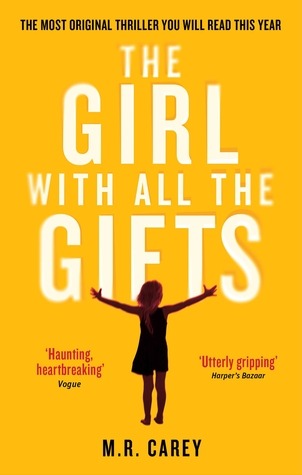
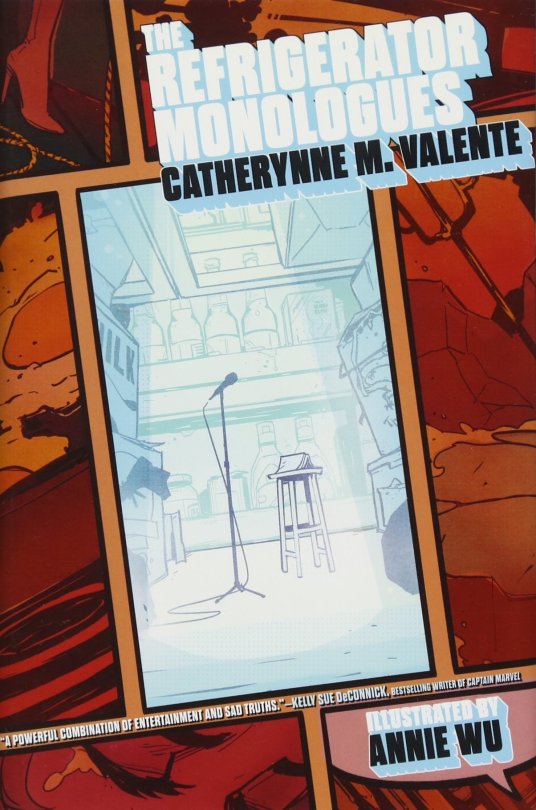
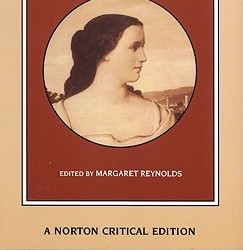
1. House of Leaves by Mark Z. Danielewski
What is there to say about this book that hasn't been said? I cannot explain it in a way that will make sense to anyone who hasn't at least peeked inside the cover, like tucking your head around to peer down a long, dark hallway. It should be empty. You know it's empty. There hasn't been any sign that it's not empty. And yet, you still feel watched. This book is an experiment. A puzzle. A cipher. A love story. A nightmare. A questionnaire. If you do choose to read it, there will be no skimming. No distractions. No half measures. You must either give into the book fully, jumping into the lake without testing the water's temperature, or not at all.
2. Lighthousekeeping by Jeanette Winterson
This was my first foray into Ms. Winterson's writing, and I'm very glad for that. I spent the first half of this book thinking it was somewhat of a memoir, and I'm still not totally convinced it's not. The story (stories) is whimsical and dreamlike but entirely plausible, in a surreal sort of way. As if looking through a window smeared by the rain. It's a lovely little read for a cold day spent under the covers.
3. Uzumaki by Junji Ito
Oh boy what a fun and delightful and easy read! Certainly not a fucked up story with no light at the end of the long and spiraling tunnel, no sir.
4. Books of Blood by Clive Barker
Everytime I read good, cosmic horror (like Uzumaki) or contemporary horror (this one is a mix of both), I wonder yet again why anyone still reads HP Lovecraft or Stephen King...Clive Barker is, I believe, the most comparable to King. He touches on many of the same themes and fears, but in a refreshingly concise, much more enjoyable way. Finding out he's gay, and also wrote the Hellraiser and Candyman movies, was just a bonus.
5. Convenience Store Woman by Sayaka Murata
What a captivating little story! I loved the voice of the titular convenience store woman, and Murata's simple, elegant writing style. Most of the reviews I read of this book viewed it as a comedy or strange romance, but for me the story seemed sadder and darker than that. I think Convenience Store Woman is the story of a person whose neuroatypicalness means that in a world not designed with that in mind, she takes hold of the one thing she can do, which our capitalistic society has taught her is important: work. Her job becomes her identity. Her job becomes her meaning for life.
6. The Girl With All the Gifts by M. R. Carey
I watched the film adaptation before reading the book, but I highly recommend both. Zombie stories are my absolute favorite subgenre, so I'm constantly on the lookout for new and interesting versions of the concept. This book isn't the first zombie media to make the zombie the protagonist (Dead Heat by Del Stone Jr. was published in 1996, Stubbs the Zombie: Rebel Without a Pulse came out in 2005, The Sinister Mr. Corpse by Jeff Strand was published in 2007, Colin came out in 2008, Warm Bodies in 2010, etc. The first zombie protagonist is often credited to HP Lovecraft's story The Outsider, first published in 1926, but I hate that guy so I hesitate to credit him with anything.), or to create an evolved, more human-like zombie (The Resident Evil franchise has been evolving zombies since the first game release in 1996, In the Flesh premiered in 2011, Dylan Dog: Dead of Night (a truly terrible but fun movie about the underbelly of the monster world) came out in 2010, etc.) or even the first to question the very nature of the human vs zombies plot line: after all, if these zombies can think, speak and feel like humans, if they are for all intents and purposes alive, then what makes the survival of humanity more important than the survival of zombies? What makes a prey animal more integral to its ecosystem than its predator? But this book is the first to ask these questions from the mouth of a zombie child, which turns the conversation into one about generations: isn't it the adults' duty to let their children inherit the earth? Isn't that what evolution means?
7. The Refrigerator Monologues by Catherynne M. Valente
This is the book I recommend to anyone knee-deep in the "fanfiction vs real books" debate, because so far every book I see given as an example of fanfiction (Dante's Inferno, literal Greek mythology, etc) simply isn't, and furthermore I doubt anyone arguing that they are has ever actually read them. The Refrigerator Monologues, on the other hand, is fanfiction, and not only is it fanfiction, it's an open-palmed critique of the comic industry's treatment of women. It's a collection of short stories, each very clearly based on a famous fridged woman from classic superhero comics, though all the names and powers have been changed. It cannot be divorced from the media it's based on, because it exists to examine that media. If you like superhero media, this is a necessary read.
8. Aurora Leigh by Elizabeth Barrett Browning
A lovely epic poem with love and grief embroidered throughout--love of art, love of people, romantic love and platonic love and maternal love. Ultimately it's about two women who keep getting lost and then manage to find their ways together.
159 notes
·
View notes